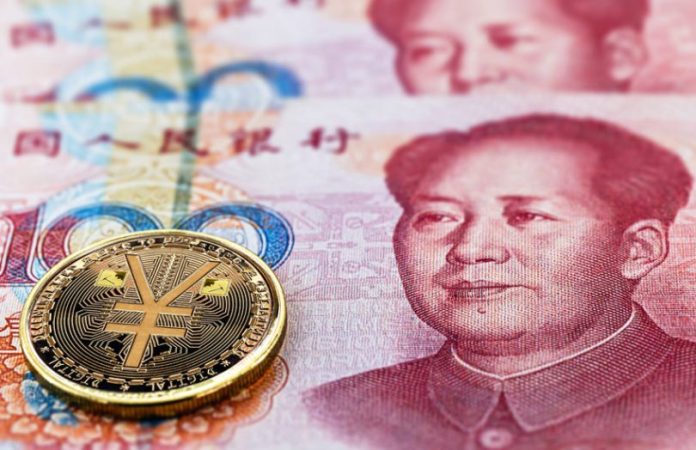The regulatory framework for the digital Yuan is developed by the country’s central bank, usually known as PBOC. The PBOC, or the central bank of China, is often responsible for issuing and backing the digital Yuan and setting policies and regulations related to its use and circulation. With its successful pilot programs in the country, the digital Yuan is moving ahead with the regulatory framework still being developed. However, it is expected that the digital Yuan will be subject to similar regulations as physical currency in China, including anti-money laundering and counter-terrorism financing laws. The PBOC has also stated that it will work with other government agencies and financial institutions to establish a comprehensive regulatory framework for the digital Yuan, including measures to ensure the stability and security of the digital currency. The regulatory framework for the digital Yuan may evolve as the currency is adopted more widely and its use becomes more prevalent. If you are looking for a quick update or detailed insight, this site can help you gain more on it.
The Regulatory Framework of DY
Some of the practical and regulatory issues that have been raised about the E-CNY pilot include the following:
- User adoption: One practical issue with the E-CNY pilot has been consumers’ slow adoption of digital currency. It may be due to a need for more awareness about the digital Yuan and concerns about security and privacy.
- Integration with existing payment systems: Another practical issue is integrating the E-CNY with existing payment systems and infrastructure, such as point-of-sale terminals and online payment platforms. It requires coordination between stakeholders, including banks, payment processors, and merchants.
- Regulatory frameworks: Several regulatory issues need to be addressed about the E-CNY pilot. These include consumer protection, anti-money laundering, and financial stability.
- Privacy concerns: The use of digital currencies, including the E-CNY, raises concerns about the potential for personal data to be collected and shared by authorities. In addition, it has led to calls for greater transparency and accountability with private data collection, which was used as an E-CNY pilot.
How is China Progressing ahead in the market with Digital Yuan?
China has made significant progress in the international market in recent decades, becoming a major player in the global economy. While it was quick to ban Cryptos in recent years, the only reason behind the same is that it planned to bring up its digital currency. They called it Digital Yuan, which comes with making things perfect in the market. Some of the factors that have contributed to China’s success in the international market are discussed here. These can include the following elements along with the decision to have digital Yuan in the market:
- Large population: China has the largest population of any country in the world, which has provided a sizable domestic market for Chinese goods and services. Interestingly this large population has accepted the proposition of Digital Yuan in the market. As a result, they are now using DY for their day-to-day transactional activities.
- Rapid economic growth: China has experienced rapid economic growth in recent decades, with its GDP growing at an average annual rate of around 10% between 1978 and 2018. A combination of factors, including economic reform, increased foreign investment, and export-led growth, has fueled this growth. Now, digital currency is enjoying good growth in the local market. They are also preparing for the bigger one in the coming times.
- Manufacturing prowess: China has become a significant manufacturer of goods for the global market, with a wide range of products, including electronics, clothing, and toys, produced in the country. China’s low labour costs and favourable business environment have made it an attractive location for companies looking to manufacture goods at a lower price. This capacity of the country may have brought Digital Yuan a successful venture in the market.
- Increasing global integration: China has become more integrated into the worldwide economy. As a result, we see the country joining the World Trade Organization in 2001 and negotiating several free trade agreements with other countries.
Wrapping up
Overall, China’s progress in the international market has been driven by economic reforms, increased foreign investment, and the country’s manufacturing prowess. All these factors have helped the country to embark on this bold decision of the Digital Yuan. Now, they are successful in rolling in the country and will soon bring it across the world.
















